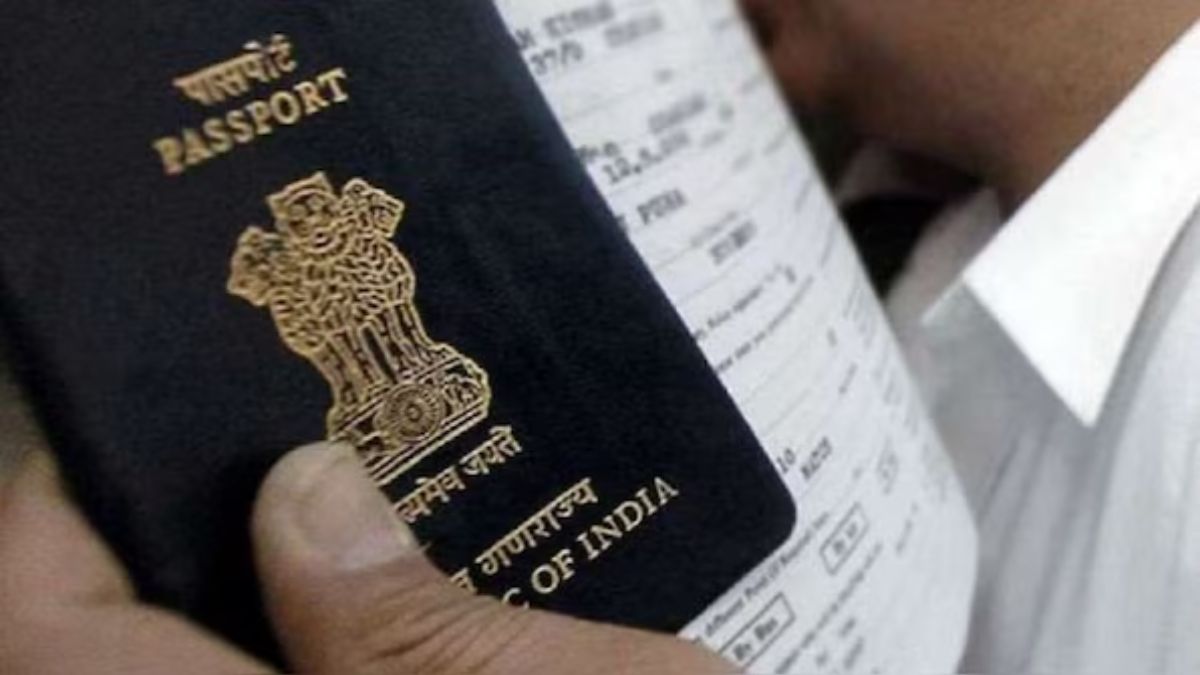From January 1, 2025, Thailand will introduce an Electronic Visa (e-visa) system for Indian passport holders.
The 60-day visa exemption for tourism and short business visits will remain in effect until further notice.
ALSO READ | Why are Indian tourists struggling to get Dubai visa?
According to the Thai embassy, applications for all visa types must be submitted via the website thaievisa.go.th.
“The Royal Thai Embassy in New Delhi wishes to announce the implementation of Thailand’s Electronic Visa (e-visa) system in India with the offline payment method,” it said in a statement.
We’re thrilled to announce that 🇹🇭’s e-Visa will be implemented in India from 1 Jan 2025. All non-Thais currently stay in India can apply at https://t.co/xjUPIiV6QF.
— Thailand in India (@ThailandinIndia) December 11, 2024
However, the 60-day visa exemption for 🇮🇳 passport holders remains effective. pic.twitter.com/L6zN71fcmT
What is e-visa?
An e-visa, or electronic visa, is a digital travel permit that allows travellers to apply for a visa online.
The system is designed to simplify the visa application process and includes an offline payment option for greater convenience. The Electronic Travel Authorisation (ETA) issued under this system permits a single entry to Thailand, and, it is valid for up to 60 days, with the option to extend the stay by an additional 30 days if necessary.
Travellers with an ETA can access automated immigration gates at checkpoints, enabling quicker clearance by scanning the QR code on their ETA. The system will also monitor the duration of stays for visa-exempt nationals, with penalties, including daily fines, for overstaying the authorised period.
ALSO READ | What is Australia’s work and holiday visa for Indians under 30?
Visa applications under the e-visa system will be processed within 14 working days from the date of receipt of the visa fee. For those seeking regular visas under the current system, applications for ordinary passports must be submitted to designated visa processing companies by December 16.
Diplomatic and official passport applications should be submitted to the embassy or consulate-general by December 24.
What Thailand’s e-visa means for India
India and Thailand, as neighbouring nations sharing a maritime boundary in the Andaman Sea, have a relationship rooted in history.
Centuries of social and cultural exchanges have built strong ties, supported by deep people-to-people connections. A large Indian diaspora living and working in Thailand further strengthens this bond.
Thailand is among the most popular international destinations for Indian tourists, with Bangkok, Pattaya, Phuket, Chiang Mai, and Koh Samui being favourite spots. The country is also a hub for Indian wedding planners and honeymoon tourism.
In 2019, over 2 million Indian tourists visited Thailand, a notable increase from previous years. By October 2024, Thailand had recorded nearly 1.64 million Indian visitors, making India the third-largest source of international arrivals after Malaysia and China, Business Standard reported.
The Tourism Authority of Thailand (TAT) expects over 2 million Indian tourists by the end of the year, generating nearly 90 billion baht in revenue.
ALSO READ | Why Canada has ended fast-track visas for foreign students? How will it affect Indians?
A key factor in this growth is Thailand’s visa-free entry policy for Indian nationals, which was extended indefinitely in November 2024. This policy allows Indian visitors to stay for up to 60 days without a visa, with an option to extend their stay by an additional 30 days through a local immigration office.
Which other countries offer e-visas to Indians?
For those seeking budget-friendly international travel options, here are ten countries where Indian passport holders can apply for an e-visa:
1. Philippines
The Philippines recently introduced an e-visa system for Indian tourists. Currently, single-entry e-visas are available, allowing a 30-day stay. Extensions require a separate renewal application. Processing time for the e-visa is typically 10-15 days.
2. Cambodia
Known for its ancient temples, scenic beaches, colonial architecture, and markets, Cambodia offers single-entry e-visas valid for 30 days. These e-visas are processed within 3-4 working days.
3. Turkey
A country rich in cultural heritage from the Byzantine and Ottoman empires, Turkey provides single-entry e-visas valid for 180 days. Tourists can stay for up to 30 days. Processing time is usually 24 hours but can vary depending on the chosen processing category.
4. New Zealand
Indian tourists can apply for a New Zealand visitor e-visa, which allows a stay of up to 180 days. Valid for one year, this e-visa allows only a single entry. Processing takes about four weeks.
ALSO READ | What is MATES, Australia’s new work scheme for young Indians?
5. Dubai
A global tourist hotspot known for luxury and modern architecture, Dubai offers e-visas that permit a single entry for a 30-day stay. Processing time ranges between 3-5 working days.
6. South Korea
Beyond its pop culture appeal, South Korea offers rich cultural experiences. Its tourist e-visa allows a single entry for a stay of up to 30 days within its 90-day validity. Processing typically takes 10-13 working days.
7. Japan
Famous for its blend of tradition and modernity, Japan provides e-visas for single-entry stays of up to 90 days. The process usually takes 5-10 business days.
8. Egypt
Known for its ancient pyramids and rich history, Egypt offers single-entry e-visas with a validity of 30 days. Processing time is around 5-7 business days.
9. Papua New Guinea
This destination offers unmarked wilderness and rich indigenous cultures. The e-visa permits a 60-day stay and single entry, with processing times of 10-15 business days.
10. Georgia
Situated at the crossroads of Europe and Asia, Georgia is known for its natural beauty and historical importance. Its e-visa allows single-entry visits for up to 30 days, processed in 5-6 business days.
With inputs from agencies


)

)
)
)
)
)
)
)
)



